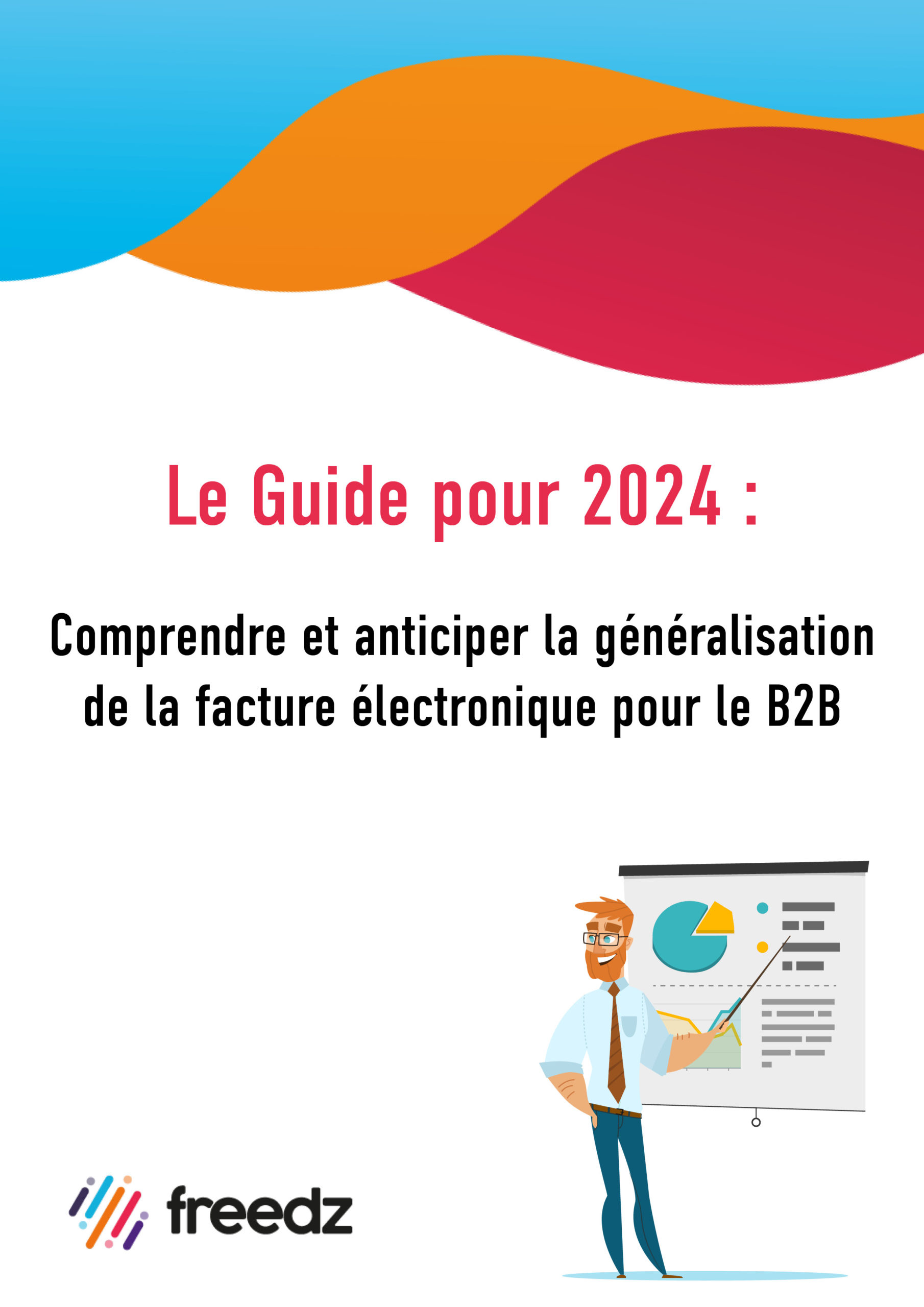3 good reasons to buy accounting software
Maintaining manual accounting exposes companies to high risks of errors, lost documents and non-compliance with the law. One of the main solutions to limit these risks is the adoption of accounting software. It complies with tax legislation and drastically reduces the time spent on low value-added tasks.
If you are not yet convinced, here are 3 good reasons to implement accounting software in your company .
1 - Accounting software to comply with the law
First and foremost, since 1 January 2018, all businesses that record their customers' payments themselves in accounting or management software or a cashier system, with the exception of self-employed entrepreneurs, have been obliged to equip themselves with accounting or management software or cashier systems that comply with the law. This measure is mainly aimed at combating VAT fraud.
To comply with the requirements of the tax authorities, software must be able to :
- Securing data and making it tamper-proof.
- To enable preservation and archiving over time.
In the event of non-compliance, the company is liable to a fine of EUR 7 500, renewable.
Another step towards digitalization on September 1, 2026 From this date, the 2020 Finance Act will require companies to accept electronic invoices. They will also have to issue them in electronic format between 2026 and 2027, depending on their size(postponement of the entry into force originally scheduled for 2024). Companies will therefore need to equip themselves with solutions capable of receiving electronic invoices. In fact, ADR (automatic document reading) solutions will no longer be sufficient to meet legal requirements.
You will therefore need to ensure that your accounting software is able to exchange information with other software, such as invoice management software, either automatically or through import/export processes. Fortunately, more and more of the solutions available on the market, especially the new SaaS solutions, are designed to exchange information with other applications.
2 - Accounting software to save time
Many companies are unable to do without paper or use in-house solutions to process their accounting documents, often with poorly optimised processes. Even if, at first glance, these tools seem economical, in the medium term they waste a lot of time.
Unlike using Excel or PDF files, processing accounting documents with software is both quick and easy. Accounting entries, accounting books, tax returns, it is possible to record and generate numerous documents in a few clicks, but also to create automations to reduce manual data entry. Low value-added tasks are thus automated and accountants can concentrate on their core business.
The acquisition of accounting software therefore represents a significant gain in time and productivity. It allows the company's accounting data to be centralised and stored in one place, thanks to simple and accessible filing. In addition, the data from the accounting software is generally stored in a cloud, which means that tasks can be processed remotely.
3- Accounting software to secure its processes
Managing your company's accounts with an Excel spreadsheet is not only legally risky, it also leads to a higher risk of errors. Errors that can easily be avoided by using accounting software.
Reducing the risk of errors
It is, of course, possible to manage accounting data from a spreadsheet. But as the number of transactions increases, the risk of error also increases. Accounting software is advantageous because it allows you to manage a large amount of data without human intervention. Checks are also automated.
Fighting fraud
As we have seen above, the adoption of accounting software makes it possible to be in order and to comply with the legislation in force. Unlike a spreadsheet in which it is possible to add, delete or modify data, accounting software ensures that the data is unalterable and therefore makes it possible to present information that meets the requirements of the tax authorities. In particular, it allows you to be informed of any changes in legislation in real time, such as changes in the mandatory information on invoices or new tax forms. In this way, the accounting software solves a very large number of the common errors that arise during tax audits: duplicates, loss of documents, omission or absence of certain data, entry errors, etc.
Finally, for maximum optimisation of your accounting software, we advise you to interface it with a management tool that allows automatic processing or extraction of invoicing data. Two solutions are available to you:
- An ADR(automatic document reading)solution. A very common tool, it enables all the data on an invoice or accounting document (amounts, dates, VAT, etc.) to be extracted almost automatically. However, it does require a human check before validation.
- An electronic invoicing tool integrated directly into the accounting software. Documents are generated electronically, in compliance with legal requirements. They are recorded in a "structured" format that allows all invoice management software to read, sort and filter the information contained in the documents, without the need for human intervention. This is currently the most successful solution in terms of automation.
Read also: Dematerialisation of invoices, the ultimate guide
Do you want to equip yourself with an electronic invoicing tool? Discover FreedzFreedz, a 100% electronic supplier invoice management platform. Freedz makes administrative relations easier thanks to PDF management and automated filing methods. The platform also meets the requirements of the 2020 Finance Law on electronic invoicing. Book a demo Find out more about Freedz.
Other articles you may be interested in:
Job status: automate project processing
The work progress invoice is a well-known document in the building and property sectors. It allows a company to be paid as the work progresses by invoicing a percentage of the service. It is therefore a...
CSM at the heart of customer satisfaction at Neovacom
The CSM, or Customer Success Manager, helps customers to get to grips with the Freedz platform (a product of Neovacom). As a privileged contact for customers, he or she is often a key player in customer follow-up and helps build customer loyalty. Ondine...
Collected VAT: what do I need to know?
As a major source of government revenue, VAT must be properly managed to comply with regulations and avoid financial penalties, enabling companies to maintain competitive prices while ensuring profitability. Playing a key role in the...
Our most popular free resources:

White paper: the essentials for a successful digital transformation of your accounts payable
This white paper provides answers to the main questions you may have when making the transition to electronic invoicing, as well as the points to watch out for in order to successfully complete your project.

The Guide to 2024: everything you need to know about the widespread use of electronic invoicing
This guide contains all the information you need to understand the new legislation and to anticipate this change.

Case Study: Improve Accounts Payable Efficiency While Maintaining Control
In order to improve its supplier relations and enhance the value of its employees' missions within the accounting department, Halpades has chosen to completely dematerialise its supplier invoices thanks to Freedz.






